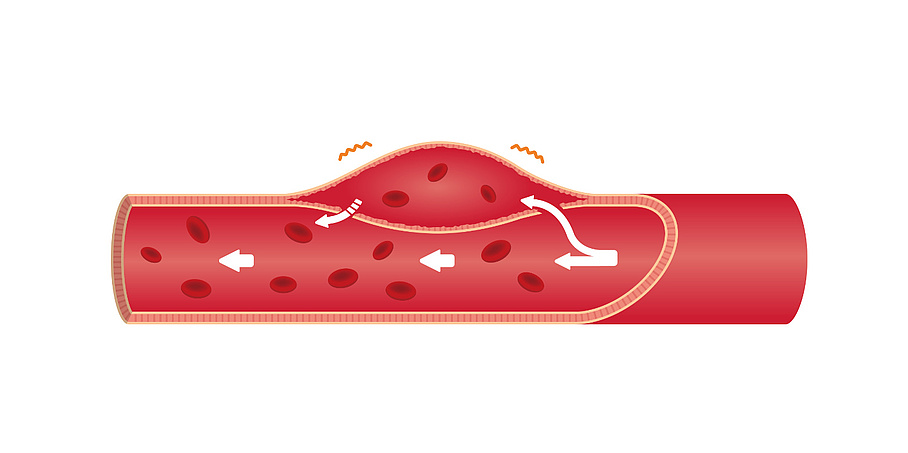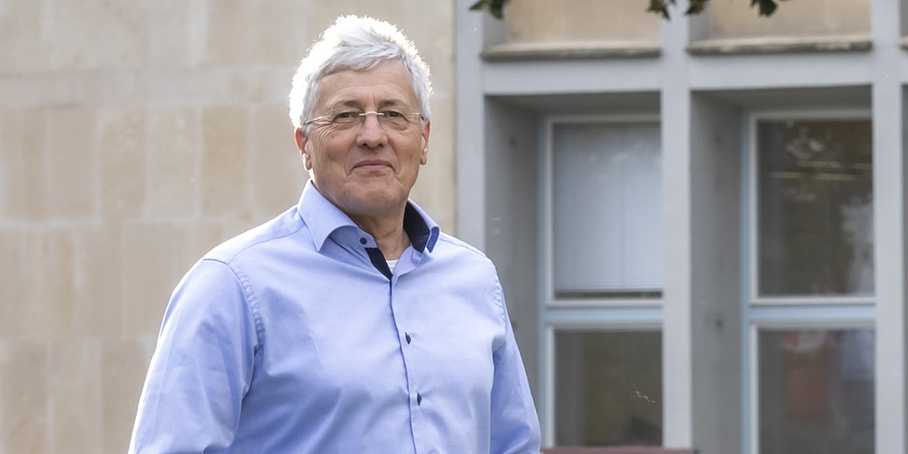Our heart: It beats around 100,000 times a day and supplies our muscles and organs. But it can also become diseased - sometimes with life-threatening consequences. At TU Graz, scientists from many disciplines are working to better understand the heart and are developing methods to detect heart disease earlier and treat it better.
The TU Graz dossiers take a comprehensive look at a research question and show the different approaches that researchers at TU Graz are taking to address it.
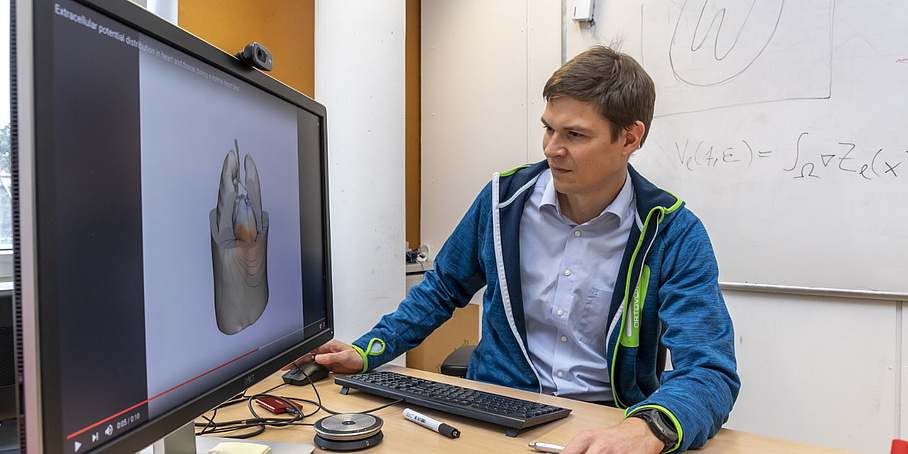
How Do You Simulate a Digital Twin of the Heart?
In this interview, Thomas Pock from the Institute of Computer Graphics and Vision explains what determining the activation sequence of the heartbeat has in common with throwing stones into a lake and how this can soon be learned in a personalised way using ECG data.
Theoretical Physics for Cardiovascular Surgery
Physicist Sascha Ranftl wants to use computer simulations and machine learning to clarify in advance whether open heart surgery is necessary. In this essay he explains why and how exactly he does this.
Looking for What Controls the Heart
Peter Macheroux from the Institute of Biochemistry at TU Graz wants to know why the heart works the way it does. A conversation about enzymes, proteins, hormones and nerve conduction.
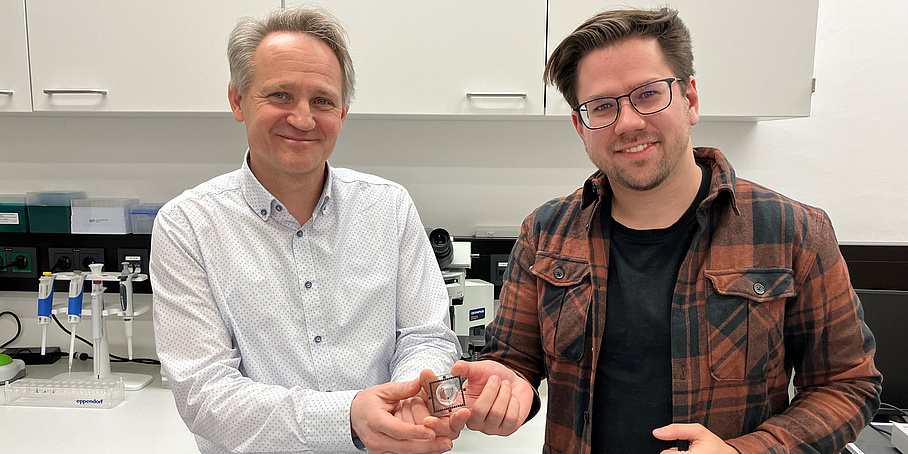
The Heart on a Microchip
The heart can be analysed not only as a whole organ, but also on the basis of cultured heart muscle cells using microelectrode arrays. Several problem areas are being addressed at TU Graz in this way.
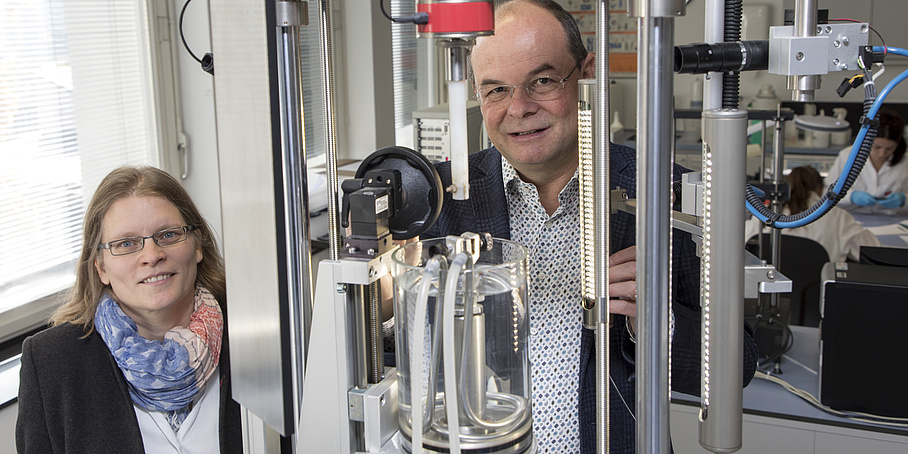
When the Engine of our Body Falls Ill
The heart lies at the centre of our body. It keeps us alive with its beats and is also known as our “engine”. At TU Graz, our most important muscle is being researched using methods from biomedical engineering, mechanical engineering, civil engineering, computer science and mathematics.
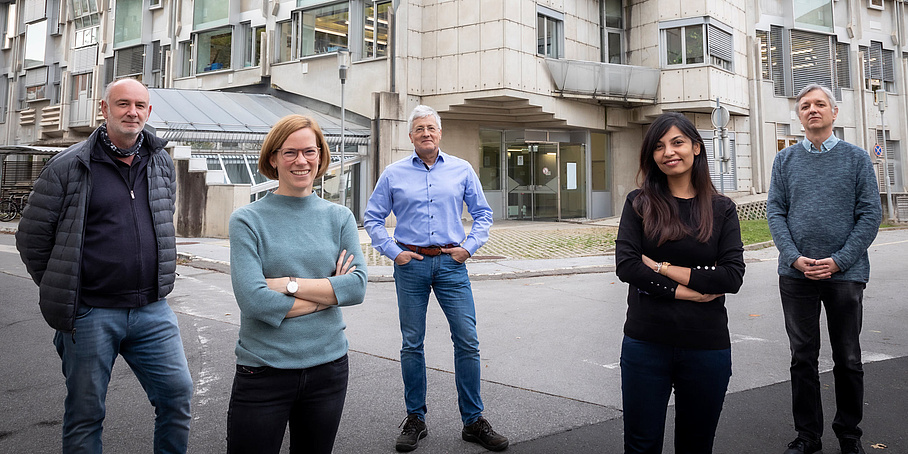
From the Archive: Graz researchers identify biomarker for cardiovascular diseases
The role of the enzyme dipeptidyl peptidase 3 in the blood pressure-regulating renin-angiotensin system was investigated in the inter-university cooperation project BioTechMed-Graz. The results could pave the way for new therapies for cardio-renal diseases.
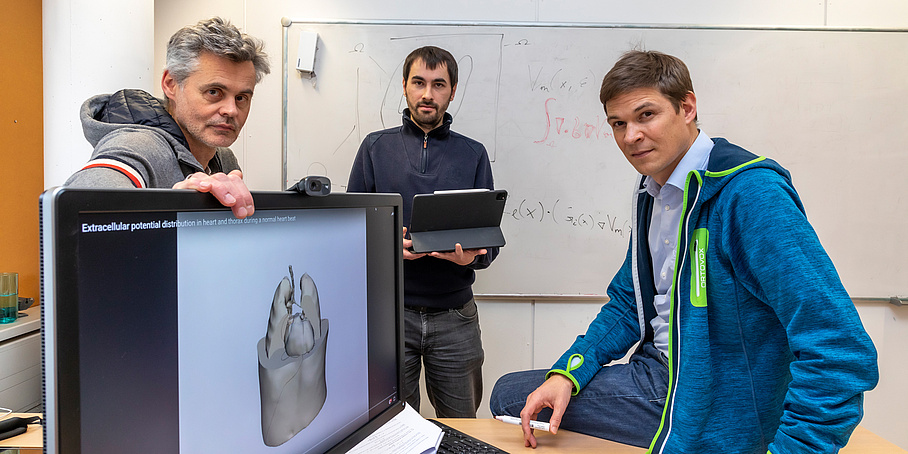
From the Archive: Cardiovascular diseases: New computer model improves therapy
Using mathematical image processing, scientists at the BioTechMed-Graz research cooperation have found a way to create digital twins from human hearts. The method opens up completely new possibilities in clinical diagnostics.
